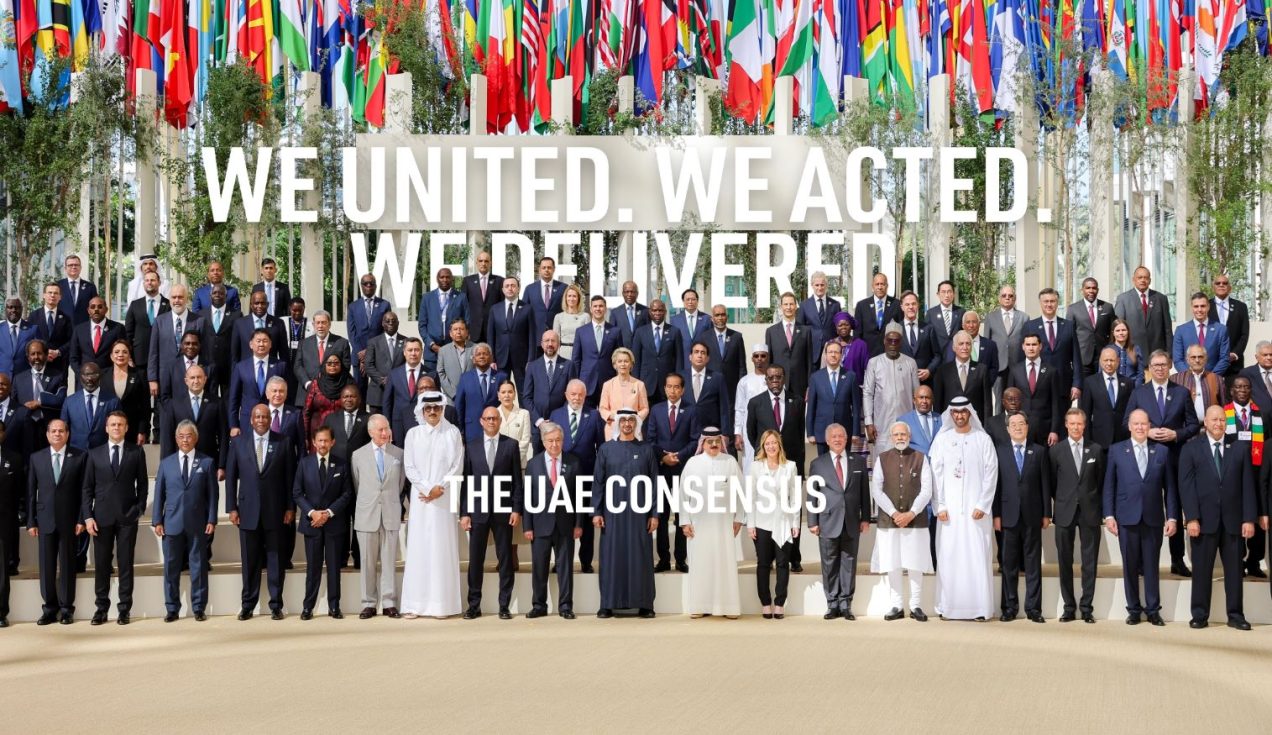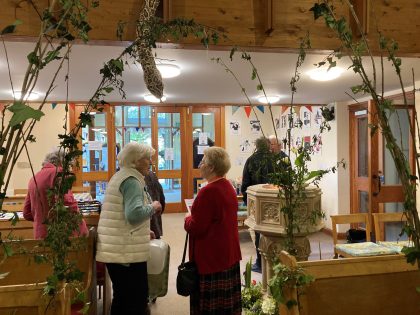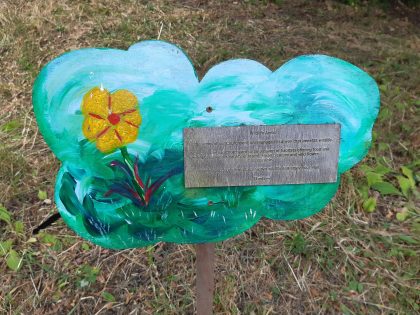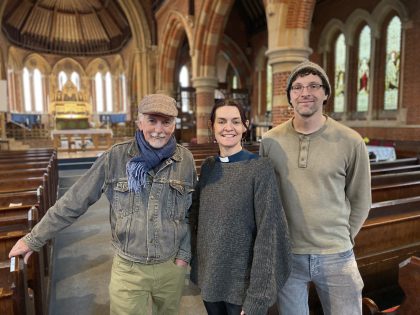A response to the COP28 summit, written by David Morgan, Chair of the Diocesan Environment Group…
COP28, the 28th Annual UN Global Climate Summit, has just concluded in Dubai. After a tense final two days, a ‘global stocktake’ decision was reached yesterday (13/12), known as the ‘UAE Consensus’. This stocktake acts as a climate report card, with the goal of measuring countries’ progress on actions to address climate change, against what was set out in the historic Paris Agreement (keeping temperatures as close to 1.5 degrees of warming as possible). It’s why fossil fuels were at the heart of discussions, because the science has been clear for a long time now that we cannot keep burning coal, oil and gas if we want to avoid the worst impacts of climate breakdown. This was the moment for countries to take a long hard look at how their policies, and the implementation of those policies, measure up against the urgency of the climate crisis.
What we got was a mixed bag. On the one hand, this is the first time that we have seen the key cause and driver of climate change – burning fossil fuels – acknowledged in the text. This is not insignificant and the fact that the text refers to transitioning away from fossil fuels explicitly rather than just cutting emissions makes it harder for governments to avoid cutting fossil fuels. However, the language in the document has been widely criticised as weak for falling short of what we needed according to the science. Also, the UAE Consensus contains a ‘litany of loopholes’ which create opportunities for governments to avoid the necessary action of cutting fossil fuels in favour of concentrating solely on efforts to capture and store carbon – a technology untried at scale – and invest in renewable energy. It cannot be one or two, it must be all three.
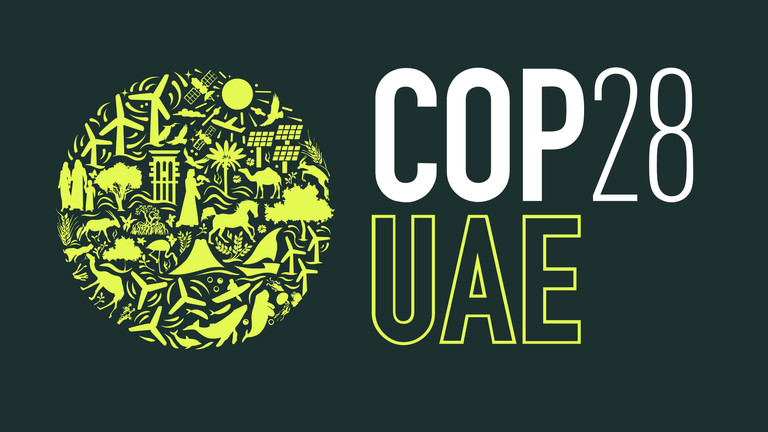
COP28 saw the operationalisation of a Loss and Damage Fund, a fund which seeks to address the effects of climate breakdown which cannot be mitigated or adapted to. This progress is encouraging indeed, however, the Loss and Damage in developing countries is already estimated by some studies to be greater than $400bn annually – and expected to rise. It is clear that we are still missing critical climate finance for countries facing the worst impacts of climate breakdown. John Silk, the negotiator from the Marshall Islands, commenting on the final agreement likened it to a “canoe with a weak and leaky hull, full of holes” and said “we have to put it into the water because we have no other option”.
Given that we know that restoring nature, especially our carbon sinks, like forests and peatlands, is integral to climate action, it was very positive to see the inclusion of a 2030 Deforestation goal in the UAE Consensus. This is a useful recognition of the critical role of nature within climate debates. It has been estimated that approximately a third of the emissions cuts we need could come from nature-based solutions, and sit is good to see nature acknowledged in the text.
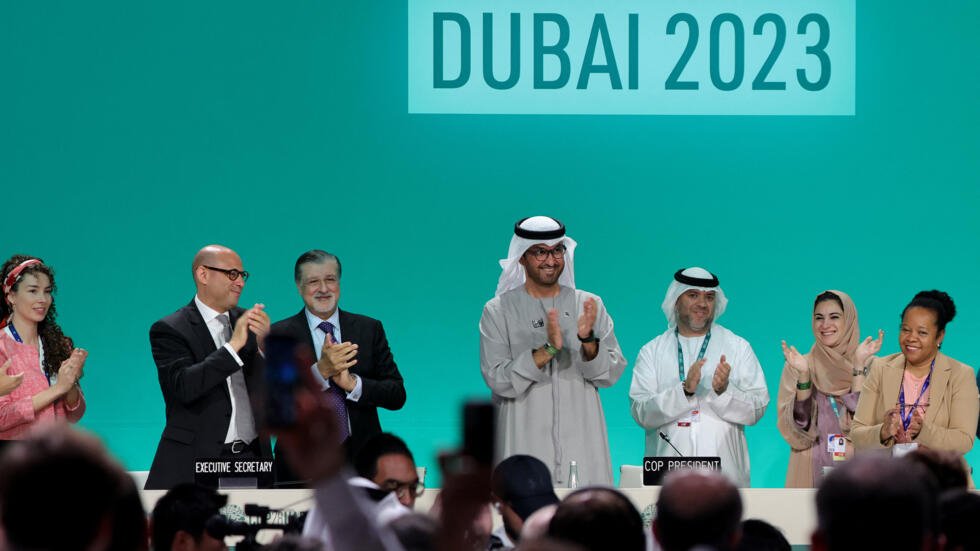
So, how do we, as Christians respond to this? We need to speak up about caring for God’s creation, to pray for our leaders to be bold and courageous in action to reduce climate change and to encourage others. Talk to your church and your local community, start the conversation about climate breakdown and biodiversity loss and think about how you could mobilise others to speak up about caring for God’ creation. If your church isn’t yet signed up to the Eco Church award scheme, consider signing up here or if already registered, use the framework of the scheme to work on caring for creation in your parish.

